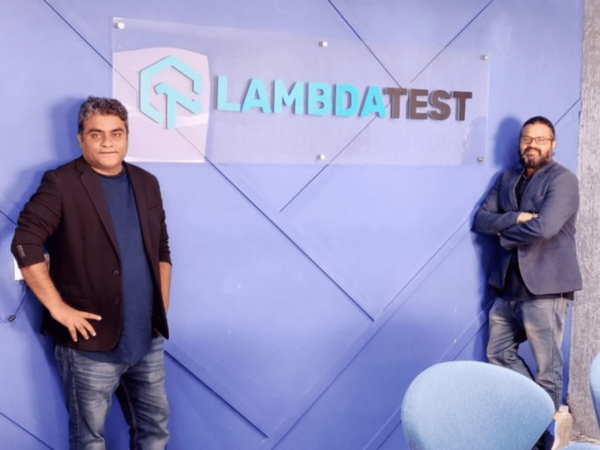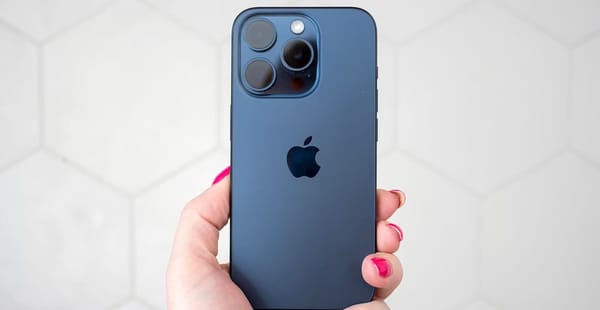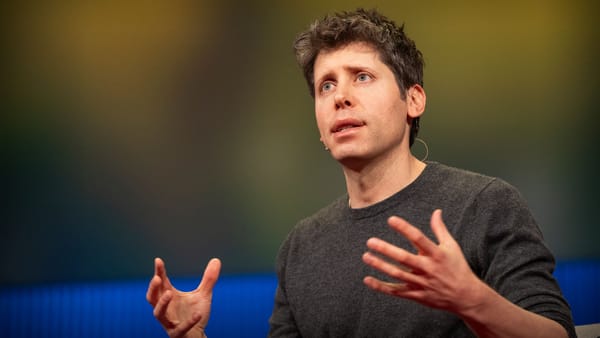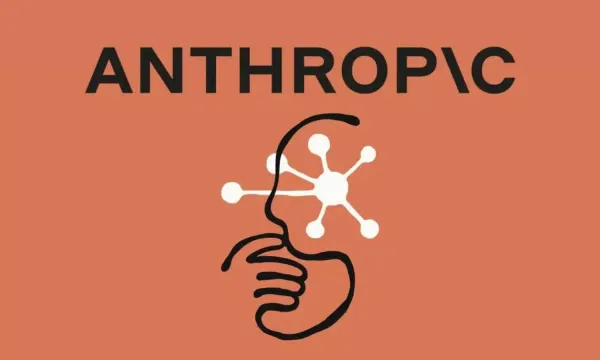Over 1,100 Authors Call on Publishers to Reject AI-Created Books and Protect Human Labor
The letter further demands that publishers refrain from replacing employees with AI or altering job roles
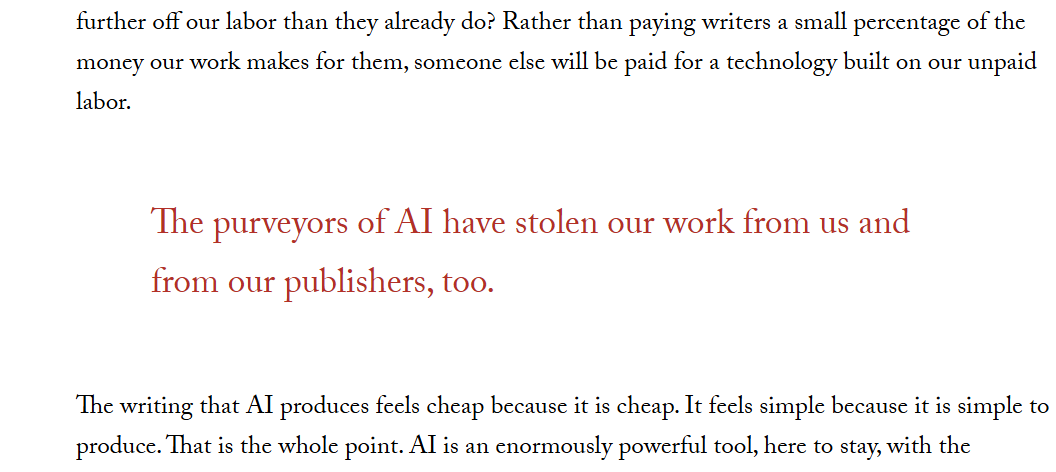
A powerful open letter signed by prominent urges publishers to limit the use of artificial intelligence in the literary world.
The signatories, which include authors Lauren Groff, R.F. Kuang, Lev Grossman, Dennis Lehane, and Geoffrey Maguire, are calling for an industry-wide commitment to uphold the value of human creativity by refusing to publish AI-generated books or use AI in ways that replace or degrade human jobs.
The letter, published this week and quickly gaining traction with more than 1,100 additional signatories in just 24 hours, accuses AI developers of “stealing” writers' work to train models without consent or compensation.
"AI may give the appearance of understanding our humanity, but the truth is, only a human being can speak to and understand another human being. Every time a prompt is entered into AI, the language that bot uses to respond was created in part through the synthesis of art that we, the undersigned, have spent our careers crafting. Taken without our consent, without payment, without even the courtesy of acknowledgment," the letter reads.
Authors are calling on publishers to uphold ethical standards by pledging not to publish books created using AI tools trained on stolen work. The appeal urges publishers to avoid inventing fictional authors or using pseudonyms to disguise AI-generated content, and to reject book designs produced by AI models built on misappropriated art.
The letter further demands that publishers refrain from replacing employees with AI or altering job roles to supervise machine-generated content. It opposes the creation of new positions overseeing AI-generated work and insists that existing staff, such as copy editors, continue their original duties.
It also calls for a commitment to hiring only human audiobook narrators, rejecting AI-generated voices trained on unauthorized recordings.
The letter follows a wave of legal battles by authors against tech companies accused of exploiting copyrighted works to train AI models—cases that recently suffered setbacks in federal courts.
Earlier this month, the Walt Disney Company and NBCUniversal filed a landmark lawsuit against AI image-generator Midjourney, accusing the company of rampant copyright infringement.
Filed in a California federal court, the suit claims Midjourney unlawfully replicates iconic characters like Darth Vader, Shrek, Spider-Man, Yoda, and others, describing the platform as a “virtual vending machine” churning out unauthorised copies of their intellectual property.

